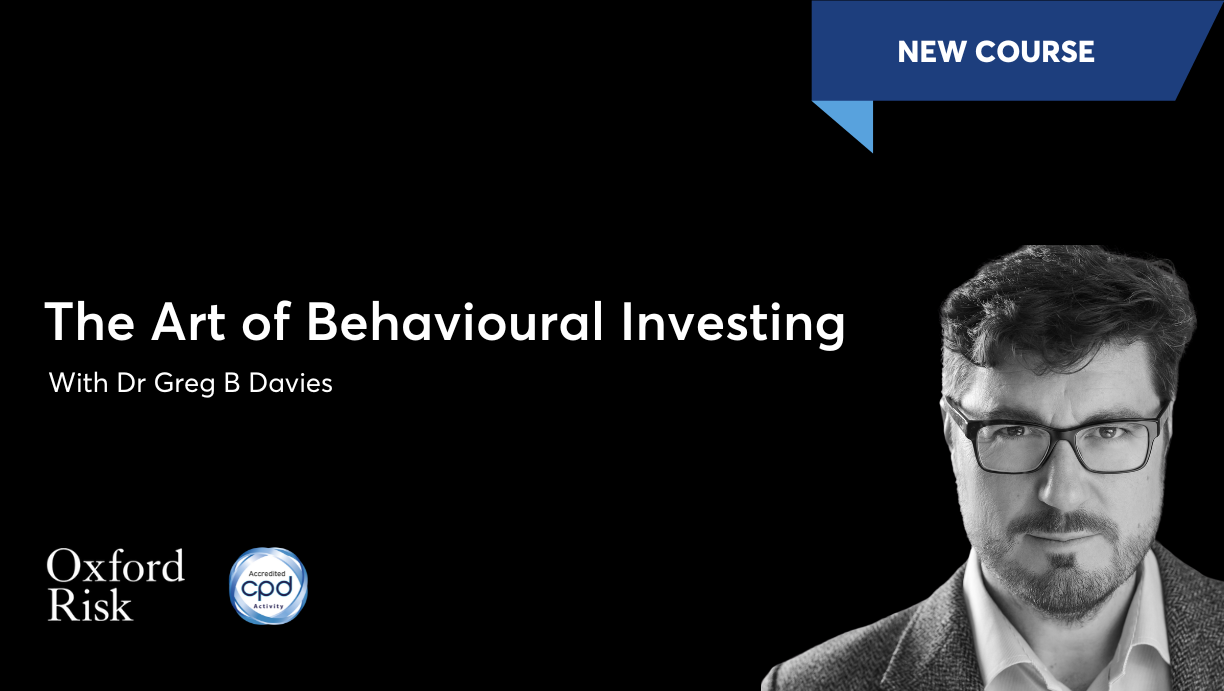Our Top 5 Books On Investing
Investing is one of those topics we weren’t taught at school which we probably should have been.
As young adults, there doesn’t seem to be any point in learning how to invest. We’re far to busy doing other things.
However, as we age, we become more financially aware. We have responsibilities with costs attached.
One of the conversations we begin to overhear is about the stock market. So-and-so has a tip for investing in such-and-such. We want to play along but sometimes we’re not sure of the language or even the rules.
The books below do a great job of bringing you up-to-speed and will give you a better understanding of investing than a lot of so called ‘professionals’.
1. The Long and The Short Of It: A Guide to Finance and Investment for Normally Intelligent People who Aren’t in the Industry by John Kay
This book is the best place to start. It is specifically aimed at smart people who don’t work in finance - they have money to invest but don’t know the terminology or how the system works. Kay has the authority to write such a book given his role as a journalist for the Financial Times as well as a visiting Professor of Economics at the London School of Economics. The book demystifies many of the investment buzzwords that confuse the first time investor. You will also learn about practical investment strategies and how to implement them. Ultimately, this book explains how to put your finances in the only hands you can confidently trust - your own.
2. The Intelligent Investor: The Definitive Book on Value Investing - A Book of Practical Counsel by Benjamin Graham
Benjamin Graham was Warren Buffett's mentor. The young Buffett worked for him in New York in the 1950s. Graham is widely known as the ‘father of value investing’. This is the idea of using analysis to identify assets that are underpriced. In other words, buying stocks for less than their intrinsic value. His philosophy also encompassed thinking long-term and the book explores his investment strategy in rich detail with updated commentary by financial journalist Jason Zweig. The Intelligent Investor has been the stock market bible ever since it was first published in 1949 and is a must read.
3. The Little Book of Common Sense Investing: The Only Way to Guarantee Your Fair Share of Stock Market Returns by John C. Bogle
A giant of the investment industry, Bogle’s claim to fame was introducing the index fund in 1975. He argued that the majority of investors were better off buying a fund that tracked a stock index than over-paying for money managers to oversee their portfolio. In common with other maverick thinkers, his theory was initially rubbished by the established industry players. However, when his Vanguard fund began to consistently beat the incumbents whilst charging much lower fees people began to take notice. This is a book filled with excellent common sense advice that you can sense check all your investment decisions against.
4. Fooled by Randomness: The Hidden Role of Chance in Life and in the Markets by Nassim Nicholas Taleb
The 2008 global financial crisis took everyone by surprise including many high-profile experts. Almost none of them predicted it. One of the few people who did was Nassim Nicholas Taleb. This book is the first in his ‘incerto’ book series which looks at luck, uncertainty, human error, and decision-making in a world we don't understand. It’s a great ‘philosophy’ for understanding the behaviour of markets and how that impacts our investment decisions. All his books are well worth reading and are helpful for developing the mindset of a shrewd investor.
5. The Little Book of Behavioural Investing: How not to be your own worst enemy by James Montier
Most of the decisions we make we are not aware of. This is fine when it comes to making choices that have little consequence like which sandwich to chose for lunch. It’s a lot more serious when it comes to long-term decisions that can have a significant impact on our financial future, like investing. Behavioural investing bridges this gap between human psychology and managing our money. It is about helping us to understand the biases behind our thinking and how we can avoid the inevitable traps. This easy-to-read book will equip you with the necessary tools to identify the most applicable biases and steer you towards a rational, as opposed to an emotional, approach to investing.
Can’t wait for the books to arrive? Try an online course in Fintech, Social Media, Behavioural Economics, Problem Solving, Happiness and more. Go to www.42courses.com and click on a course tile.






